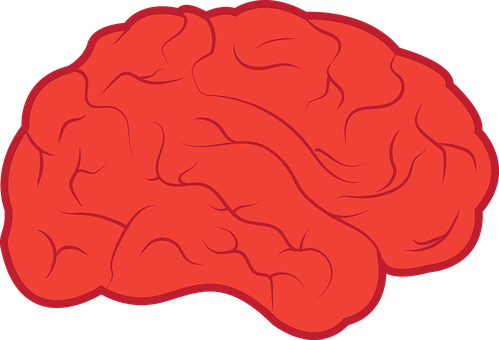
Several factors affect the symptoms of brain cancer. The size, type, extent and the location of the tumor are some of these factors. Age and the health history of a person do influence too. For example, a tumor that is located near the optic fiber is likely to cause vision problems such as double vision. A tumor that is located in the front section of the brain is likely to affect how one thinks and their concentration. A huge tumor may have significantly many symptoms due to the pressure that is exerted by the mass.
 It is crucial to note that a person with the brain cancer may fail to show all the symptoms and one can still show them when they do not have it. This requires one to visit a doctor for proper diagnosis. There are specific and general symptoms of brain cancer. General signs are as a result of the pressure of the mass of the tumor on the spinal cord or brain. Specific signs are as a result of the tumor affecting a particular section of the brain that it cannot function normally.
It is crucial to note that a person with the brain cancer may fail to show all the symptoms and one can still show them when they do not have it. This requires one to visit a doctor for proper diagnosis. There are specific and general symptoms of brain cancer. General signs are as a result of the pressure of the mass of the tumor on the spinal cord or brain. Specific signs are as a result of the tumor affecting a particular section of the brain that it cannot function normally.
 A tumor in the front part of the cerebrum may result to changes in memory, speech, hearing or emotional state, which may make a person more aggressive. This tumor may also lead to difficulty of understanding and retrieve words.
A tumor in the front part of the cerebrum may result to changes in memory, speech, hearing or emotional state, which may make a person more aggressive. This tumor may also lead to difficulty of understanding and retrieve words.